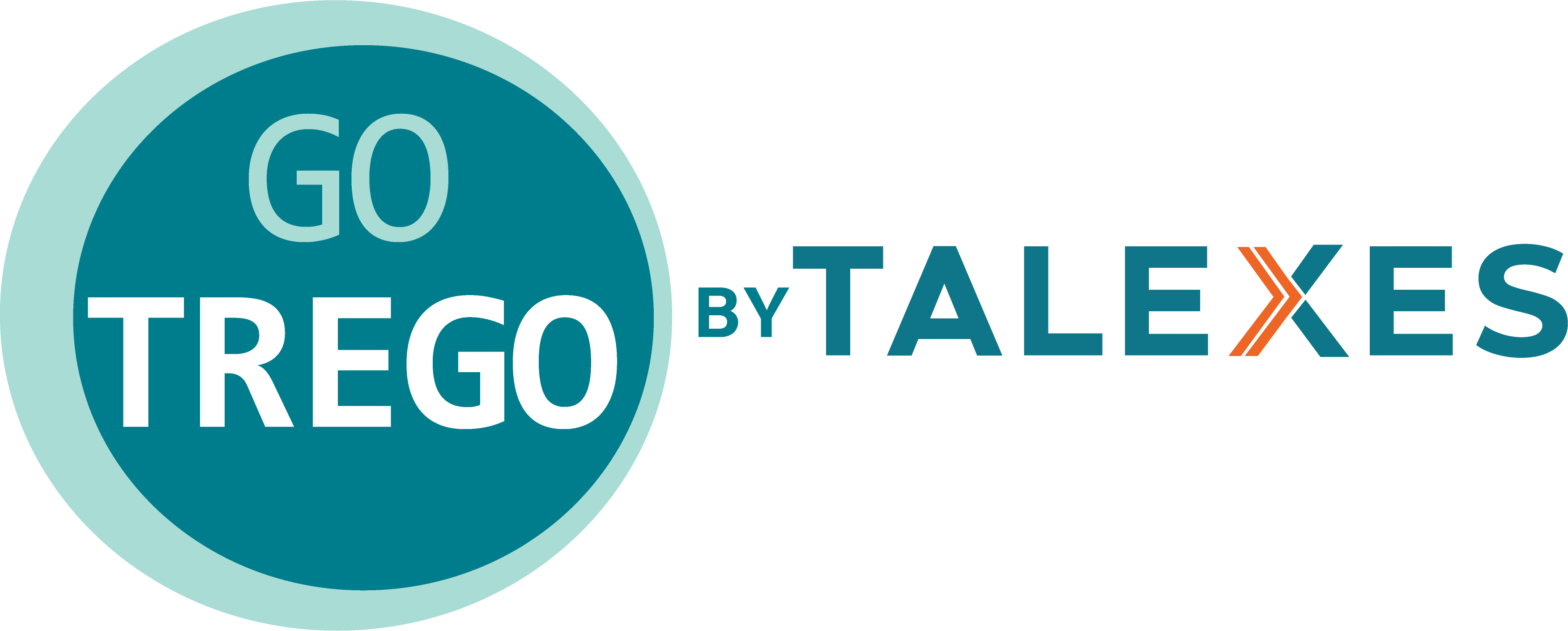In the realm of human resources, the quest for exceptional talent often begins with the arduous task of sifting through countless resumes and conducting interviews. While these traditional methods offer insights into candidates’ employment history and experience, they often fall short in accurately predicting job performance and ensuring employee satisfaction. This is where pre-employment assessments emerge as indispensable tools, offering a plethora of benefits for modern businesses. Below, we delve into five compelling advantages of incorporating pre-employment assessments into your hiring process.
Enhanced Performance and Productivity
Pre-employment assessments, meticulously developed and rigorously validated, serve as reliable predictors of employee productivity across diverse industries and job roles. By objectively evaluating candidates’ knowledge, skills, and abilities, these assessments enable hiring managers to identify individuals best suited for each position. By selecting candidates who are not only qualified but also inherently aligned with the job requirements, organizations can cultivate a workforce primed for success, thereby driving performance and productivity to new heights.
Elevated Employee Retention
Selecting the right candidate from the outset is pivotal in fostering long-term employee satisfaction and retention. Pre-employment assessments allow organizations to gauge candidates’ aptitude and temperament, ensuring a seamless fit with their designated roles. By minimizing the risk of poor performance or mismatched placements, businesses can curtail turnover rates, bolstering morale, and fortifying their reputation as desirable employers. Lower turnover rates translate into substantial cost savings, stemming from reduced expenditures on training, recruitment, and severance packages.
Streamlined Hiring Processes
In today’s competitive job market, the inundation of resumes poses a significant challenge for recruiters, often leading to protracted hiring timelines. Pre-employment assessments offer a solution by expediting the screening process and identifying top-tier candidates efficiently. By administering tests early in the hiring funnel, organizations can weed out unsuitable applicants and focus their resources on engaging with serious contenders. This strategic approach not only streamlines the hiring process but also minimizes the time and effort expended on candidate evaluation, driving operational efficiency.
Enhanced Legal Compliance
Adherence to federal guidelines governing hiring practices is paramount for organizations seeking to mitigate legal risks. Pre-employment tests, when implemented in accordance with legal standards, enhance the defensibility of the hiring process. By ensuring equitable and non-discriminatory practices, businesses can preemptively safeguard against potential legal challenges, fostering trust and confidence in their recruitment procedures.
Objective Decision-Making
Pre-employment assessments inject objectivity into the hiring process, furnishing hiring managers with standardized data for informed decision-making. Unlike interviews, which may be subject to biases and inconsistencies, assessments provide concrete results that can be uniformly applied across all candidates. This impartial feedback empowers organizations to make discerning hiring decisions based on candidates’ demonstrated abilities, thereby minimizing the risk of subjective judgments and ensuring optimal placements.
Conclusion
While traditional recruitment methods offer valuable insights into candidates’ backgrounds, they often fall short in predicting job performance and ensuring organizational fit. Pre-employment assessments fill this void by providing reliable, objective data that transcend the limitations of resumes and interviews. By leveraging these assessments to identify candidates who not only possess the requisite skills but also align with the company culture, organizations can elevate the quality of their hires, driving productivity, and reducing turnover. In essence, embracing pre-employment assessments heralds a new era of strategic talent acquisition, poised to deliver tangible bottom-line improvements and propel organizational success.





